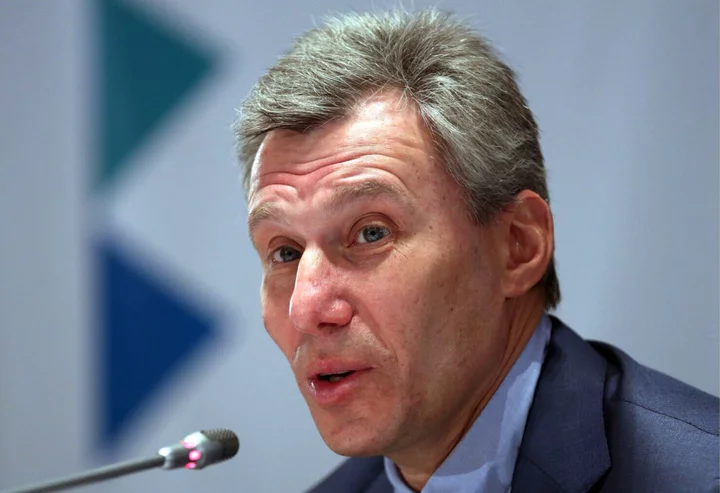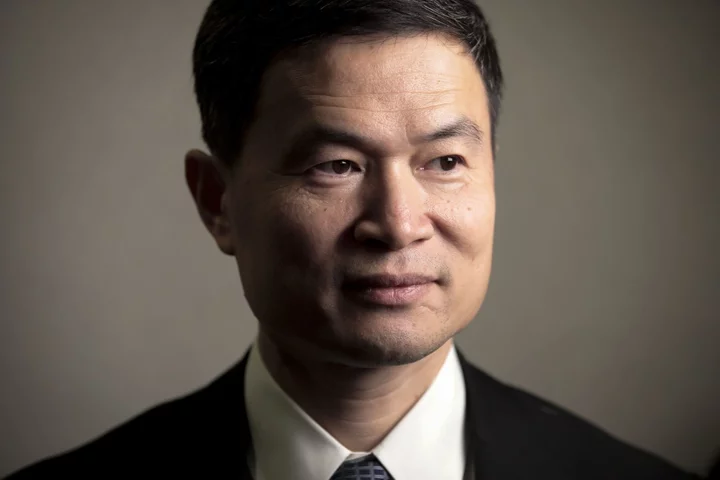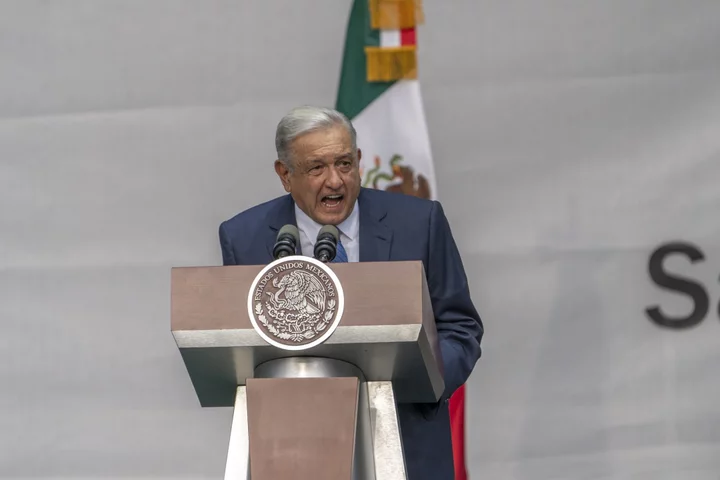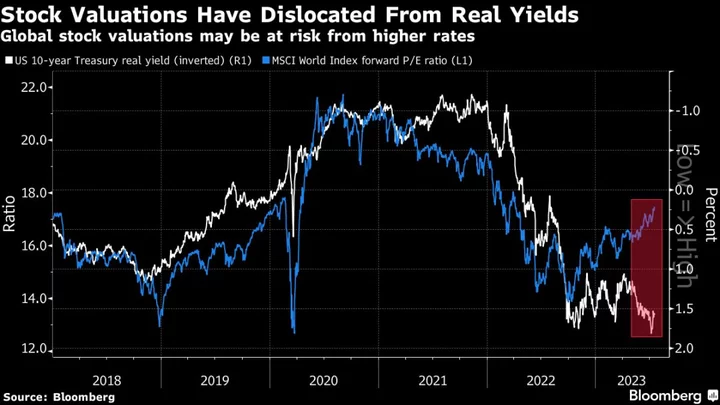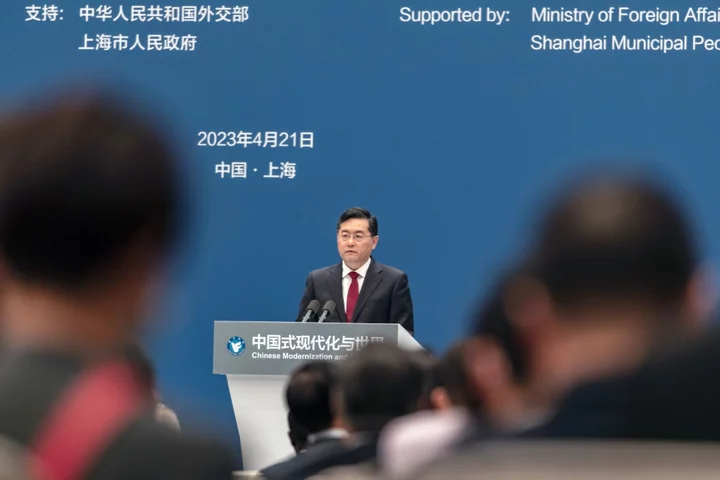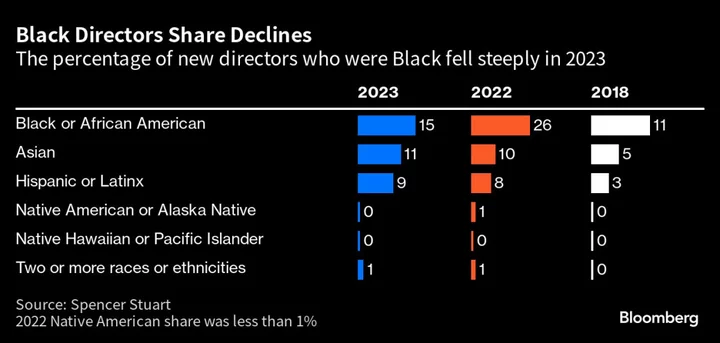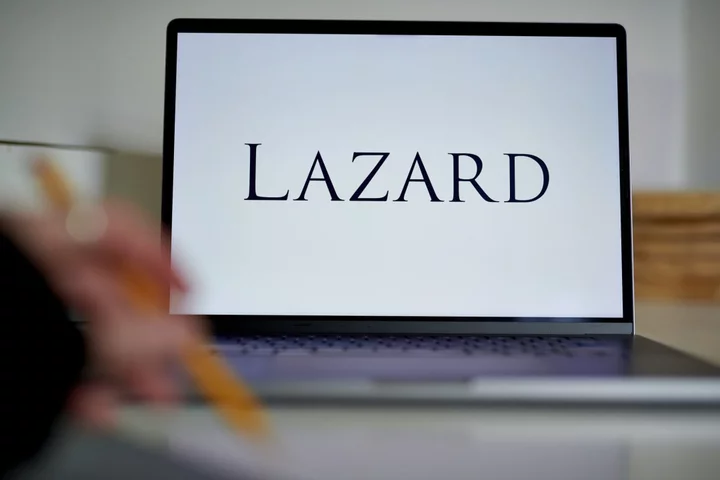German Khan, co-founder of investment firm LetterOne, lost a court challenge against European Union sanctions over his alleged close ties to President Vladimir Putin and influential roles in Russia.
The EU’s General Court dismissed his appeal in a ruling in Luxembourg on Wednesday. Khan is mostly known for his Luxembourg-based LetterOne, started in 2013 with partners Mikhail Fridman, Alexey Kuzmichev and Petr Aven — all of whom resigned from the board after being hit by sanctions soon after Russia’s invasion of Ukraine.
Khan was targeted for his role in Alfa Group, which controls Russia’s largest retailer and private bank, together with his partners. The EU said that Khan “maintains a close relationship” with Putin and “continues to trade significant favors with him,” adding that the group’s owners also got “business and legal benefits out of this relationship.”
Read More: Sanctions Pull Russian Billionaires Tighter Into Putin’s Embrace
The EU has sanctioned almost 1,800 people and entities since Russia’s attacks on Ukraine, starting with its annexation of Crimea in 2014 and followed by its invasion of the country in February last year. EU court appeals over sanctions can last years and seldom result in victory. Former Ukraine president Viktor Yanukovych and his son remain on the EU’s sanctions list since 2014, even after winning several court appeals.
Separately, EU judges on Wednesday annulled EU sanctions against Alexander Pumpyansky, the son of the billionaire Dmitry Pumpyansky, whose fortune was built around TMK PJSC, Russia’s biggest steel pipes producer.
The EU Council had failed to prove how the family links with the father — who remains on the sanctions list — sufficiently justified the son’s inclusion, according to the judgment. The court rejected the EU’s proof as insufficient to show Alexander’s role was important enough to raise concerns about his economic ties to Russia or Putin.
The cases are: T-333/22 Khan v. Council; T‑734/22 Pumpyanskiy v. Council.
(Updates with ruling on Pumpyansky son from fifth paragraph)

